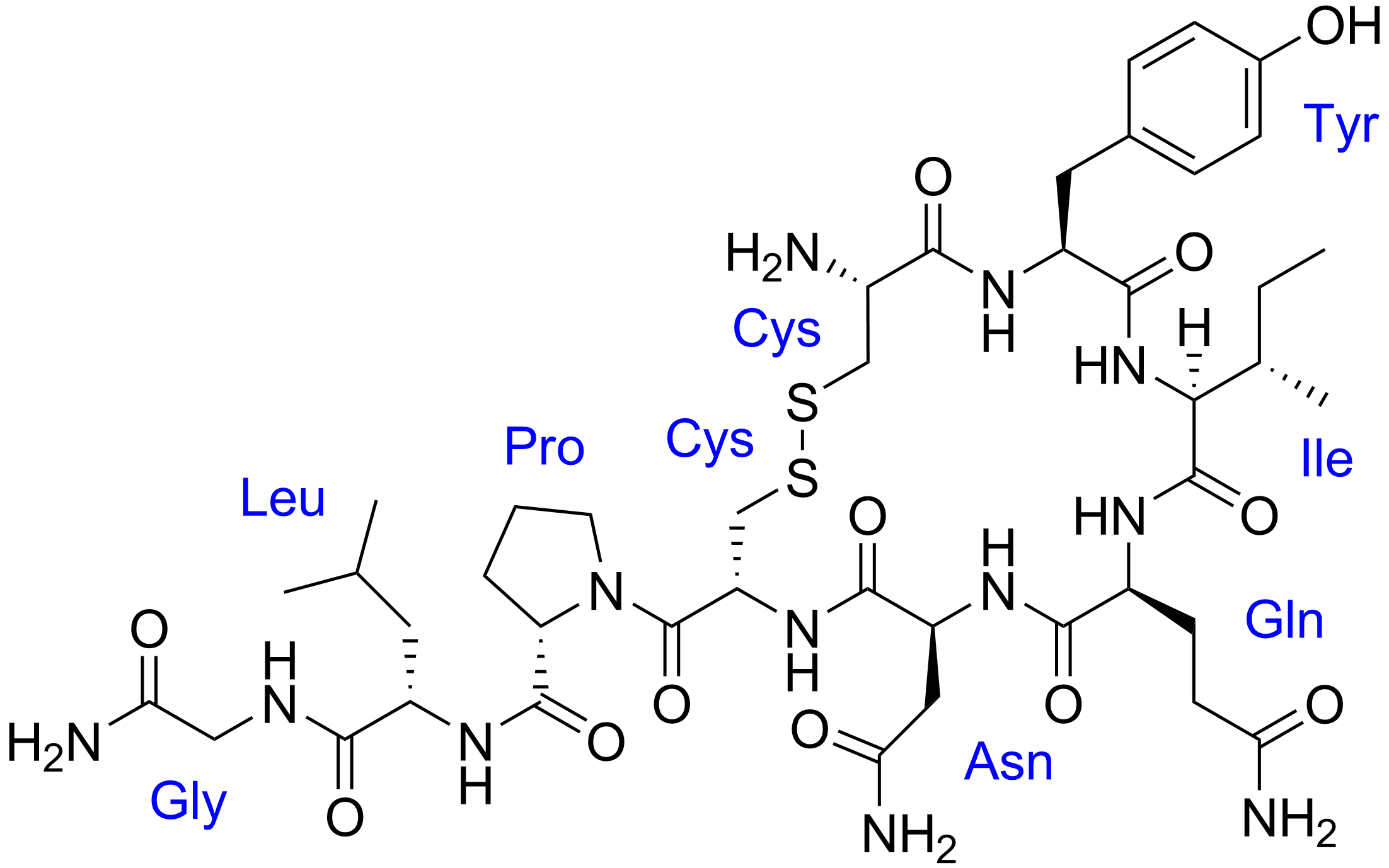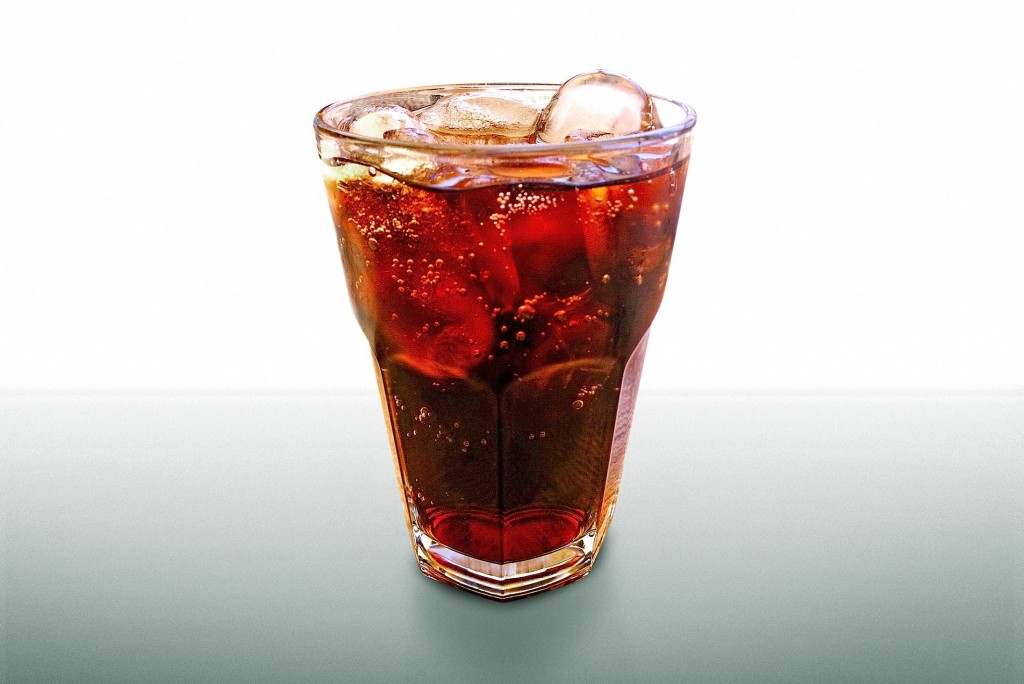The NPR points out a new trend in science – turning to the internet to raise funds for research. Scientist are starting to turn to sites like Kickstarter to look for funding for some of their projects:
People’s fascination with their inner workings may provide a new way for scientists to raise money for basic research. Just ask the folks at uBiome and American Gut.
Both are basic science projects aimed at understanding how microbiomes influence health. And in return for funding from individuals, both will provide donors with an analysis of the bacteria in their very own digestive track.
Using the Internet to crowd fund, the uBiome and American Gut projects have together raised more than $600,000.
Researchers are saying that it allows them to engage more with the public, which may lead to questions that they had never thought of.
“There’s something magical that happens with crowd funding where you start getting 500 emails from people telling you, ‘well, does it do this?’ Or, ‘what about that?’ Or, ‘why doesn’t it do that?’ And that really helps you refine what you’re doing and understand better what people’s questions and needs are,” Richman says.
More here.


